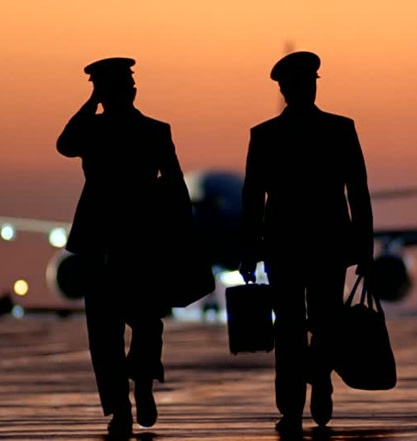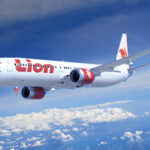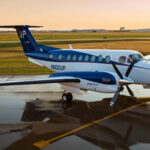P2012 Traveller Nearing Service Entry With Cape Air
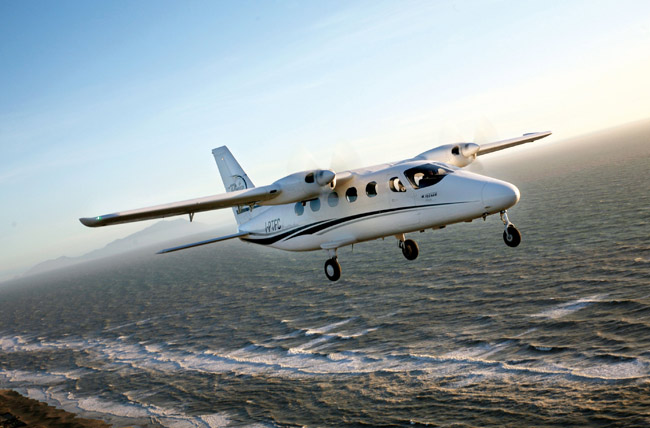
Italian Manufacturer Tecnam has completed flight testing of the P2012 Traveller and now expects to revive European and United States type certification by the end of 2018.
“All testing is now complete,” says Walter Da Costa ,Tecnam’s global sales and marketing director,. “The two aircraft in the flight-test campaign have logged more than 500h, and we should get approval from the aviation authorities in the coming weeks.”
Five P2012 Travellers are in production with airplanes 3, 4, and 5 destined for launch customer Cape Air.
Cape Air has signed a deal for 100 Travellers with 20 of those being firm orders and 80 options to purchase. The new airplanes are slated to replace Cessna 402s and Britten-Norman BN-2 Islanders in Cape Air’s fleet. The first new airplane is scheduled to be delivered to Cape Air in February of 2019 with an additional 7 scheduled for delivery by the end of 2019.
Cape Air Pilot Jobs
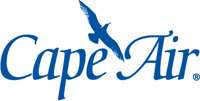
Cape Air currently has 92 airplanes in their fleet consisting of 88 Cessna 402s and 4 Britten-Norman Islanders. They operate under Part 135 of the Federal Aviation Regulations. The airline currently employer 247 pilots stationed across 23 different domiciles.
To be hired into the part 135 operation as a pilot in command, applicants are required to have:
- FAA commercial multi-engine license with instrument rating
- First Class Medical Certificate
- 1,200 hours of total flight time
- 500 hours of cross country flight time
- 100 hours of night time
- 75 hours of instrument time
- 50 hours of multi-engine experience is preferred
- Valid passport
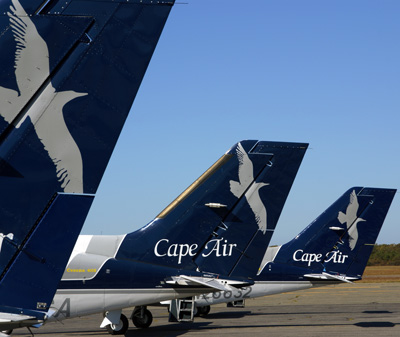
Cape Air also has a first officer program for entry level commercial pilots with applicants required to have:
- FAA commercial multi-engine license with instrument rating
- First Class Medical Certificate
- 500 hours of total flight time
- 100 hours of cross country flight time
- 25 hours of night time
- 75 hours of instrument time (actual instrument, simulated instrument, or flight training device)
- 25 hours of multi-engine experience is preferred
- Bachelors degree from an AABI accredited school is preferred
- 1 Year of full-time flight instructing is preferred
Cape Air Grey Gulls Program
With Cape Air operating under part 135 of the FARs there is no mandatory retirement age of 65 for pilots. Cape Air markets their Grey Gull program as an opportunity for career pilots who have had to retire, but continue to have a passion for flying and want to remain working as a pilot.
Pilots are able to join the Grey Gulls program either in a full time position where they average 4 days of work per week with 3 days off, or in a part time position where they are scheduled to work less than 30 hours a week.
Cape Air Pilot Career Programs
Cape Air participates in hiring programs with Spirit Airlines and JetBlue Airways.
The partnership with Spirit allows all current and future Cape Air Captains to qualify for a single interview to become a new hire First Officer at Spirit Airlines. The Spirit Airline Program includes:
- An applicant must be a captain in good standing and pass an initial interview with the Spirit hiring committee
- 2 or 4 year degree is preferred but not required
- Once accepted into the program applicant will be assigned a Spirit Airline Pilot mentor
- After a minimum of 2 years as a Captain, the completion of a Spirit-developed “Jet Transition Course”, and with 3000 hours total time, an applicant will be offered a class date at Spirit Airlines
Cape Air participates in a University Gateway Program with JetBlue. Students at participating schools are eligible to enter the program during their sophomore year.
After graduating, participating students work for 1 year as a flight instructor at the University they graduated from. They then join Cape Air for a 2 to 3 year commitment. After meeting the commitment period with Cape Air applicants are scheduled for a Jet Transition Course and final interview with JetBlue.
Cape Air Participated in P2012 Traveller Development
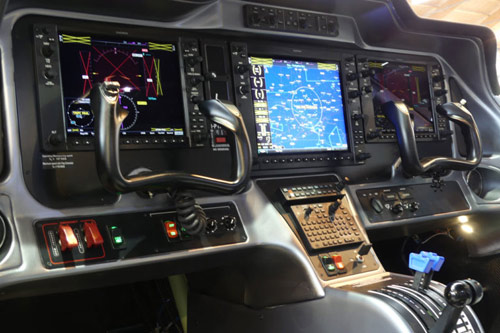
Cape Air participated with Tecnam in developing the P2012 Traveller. The airplane is equipped with Lycoming TEO-540-C1A-powered piston engines, features a high wing design, and fixed landing gear. The airplane is being designed to replace aging PA-31s and Cessna 402s.
Tecnam says that the high-wing configuration ensures easy cabin access, high internal volumes and a low ground clearance. The airplane interior is configurable with options to use it for all cargo, VIP transport, air ambulance, and skydiving operations.
The airplane uses tried and tested materials and build processes but will be equipped with an advanced avionics package to include the Garmin G1000 Nxi.
P2012 General Characteristics
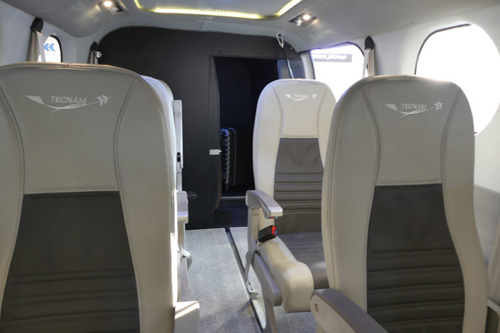
Crew: 1 or 2 pilots
Capacity: 9 passengers
Payload: 2491 lb
Length: 38.6 ft
Wingspan: 45.9 ft
Height: 14.4 ft
Wing area: 273 sq ft
Empty weight: 4960 lb
Max takeoff weight: 7937 lb
Fuel capacity: 212 gallons
Powerplant: 2 × Lycoming TEO540C1A horizontally-opposed, turbocharged, six-cylinder, direct-drive air-cooled piston engines, 375 hp each
P2012 Performance
Cruise speed: 190 kts
Stall speed: 60 kts
Range: 907 nm
Rate of climb: 1500 ft/min
Single engine rate of climb: 300 ft/min
Takeoff: 1,969 ft
Landing: 1,640 ft
Greg started his professional pilot journey in 2002 after graduating from Embry Riddle. Since that time he has accumulated over 8,000 hours working as a pilot. Greg’s professional experience includes flight instructing, animal tracking, backcountry flying, forest firefighting, passenger charter, part 135 cargo, flying for a regional airline, a national low cost airline, a legacy airline, and also working as a manager in charge of Part 135 and Part 121 training programs.

